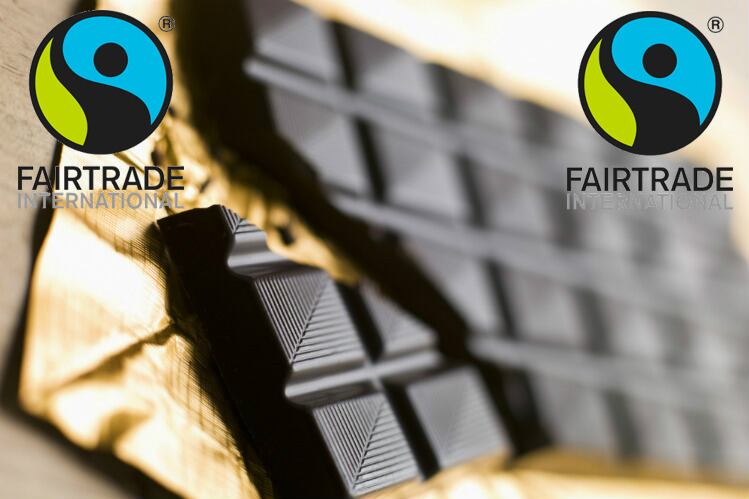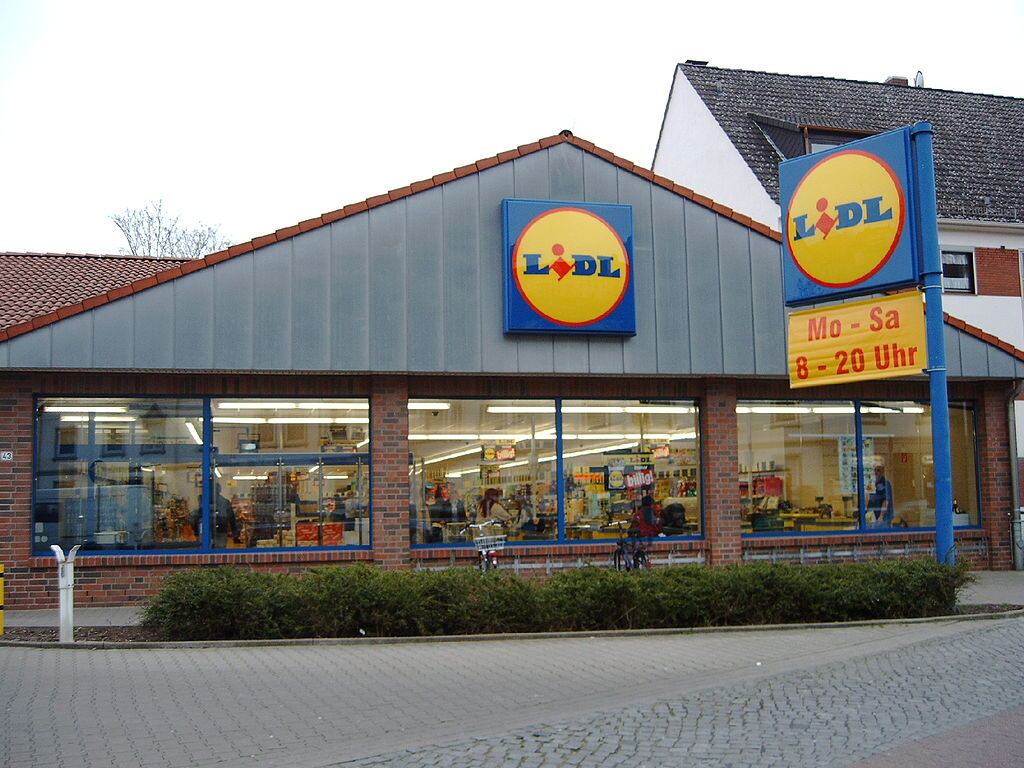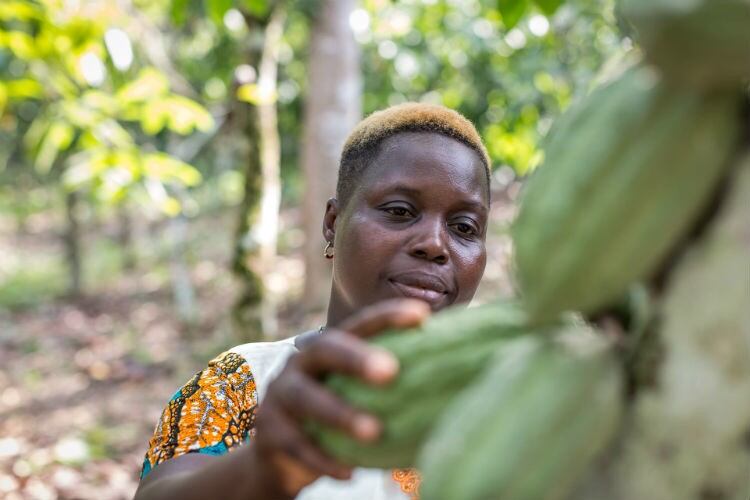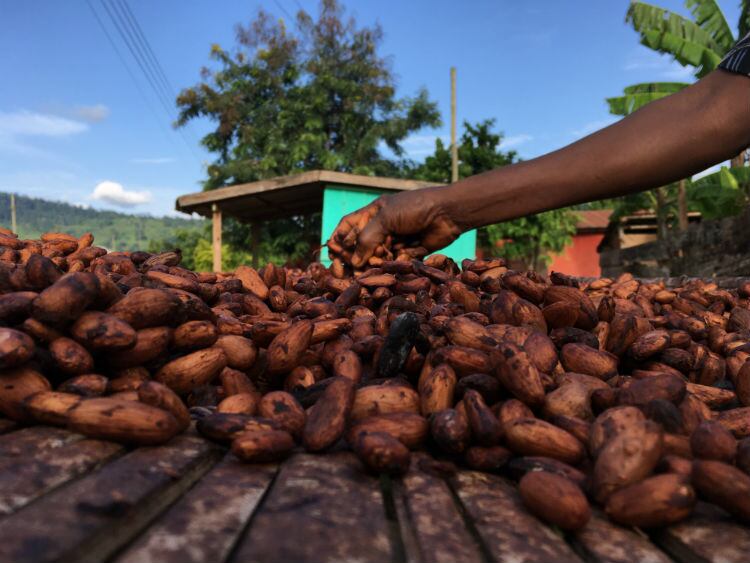Three-quarters of respondents to the GlobeScan Fairtrade Consumer Insights survey said they hold a more favorable view of products carrying the Fairtrade certification. Half also reported trusting what the label stands for.
Perhaps most notably, price seems to have fallen as a barrier to purchasing ethically produced goods. Consumers generally hold ‘favorable perceptions’ of products bearing the Fairtrade seal and increasingly more of them recognize it (currently about one-quarter of Americans) – though at present it holds the most sway in coffee.
This shift stems in part from environmental and political issues, said GlobeScan’s US director James Morris, but it also reiterates the relevance of the Fairtrade label as ‘an important value-add’: “Fairtrade has a strong halo effect for the majority of consumers.”
Fairtrade vs. Rainforest Alliance and other certifiers
More US consumers recognize the Rainforest Alliance’s frog seal in the general marketplace, but according to GlobeScan, that familiarity does not necessarily transfer to sales.
Asked whether they notice these symbols ‘often’ or ‘occasionally,’ 38% cited the Rainforest Alliance and 34% the Fair Trade Certified label (a part of Fair Trade USA). Nearly 30% named Fairtrade International’s symbol.
City dwellers are especially impacted by fairtrade labels, the study found, with 77% describing them as having a ‘very positive’ or ‘positive’ impact. The wider population mirrors that combined number, with half preferring the latter description.
Fairtrade visibility in major retailers
Though consumers seeking out Fairtrade seals comprise the smallest subset of consumers – less than 20% - they catch them in stores and buy these products more than 40% of the time. Where? In Whole Foods and Trader Joe’s, of course, but also at Walmart and on Amazon.
Of those pursuing ‘healthy’ food options, 28% said they notice the Fairtrade seal and purchase those products just over a quarter of the time. This group believes in the living wages for farmers and producers, while the Fairtrade followers mentioned above tend to choose certified goods because of its reflection on their personal values and self-esteem.
For consumers who generally make ‘conventional’ food choices, 20% notice the Fairtrade symbol and buy these goods 18% of the time. They, too, are struck by the fair wages and working conditions for farmers.
The common theme among all three of these groups: the Fairtrade seal ‘makes it easy to support ethical companies.’
Transparency not a should but a must for today's conscious consumers
“Beyond taste, quality and price, food and beverage brands can increasingly differentiate themselves by appealing to consumers’ ethical concerns, including the very issues that Fairtrade America works to improve,” said Fairtrade America COO Bryan Lew.
Funds earned through the certification scheme strive to ensure farmers (two out of five people, according to Fairtrade) in developing countries – where products like coffee and cocoa are predominantly grown – earn a living wage, and that they have the fiscal, social and civic ability to improve their livelihoods and their communities. Today, Fairtrade America collaborates with 60 brands and more than 5,000 products.
The data culled from this biennial report helps the organization, founded more than 30 years ago, “assess our impact and evolve our approach to influencing businesses to certify and shoppers to make ethical purchasing decisions.”
Nearly 70% of consumers believe manufacturers and brands have a responsibility to provide ‘detailed information’ on ingredients, sourcing and production, according to a 2018 report by the Food Marketing Institute. And the more disposable income consumers have, the more likely they are to adhere to that mentality.
Whereas baby boomers and Gen Xers focus on ingredients and nutritional information, millennials consider allergens, certifications and claims. The younger generations also consider elements like animal welfare and labor practices when deciding where to spend their money.
Nearly half of all shoppers – and this rings truer with parents – are willing to spend extra on products that share facts beyond the basic label requirements.




